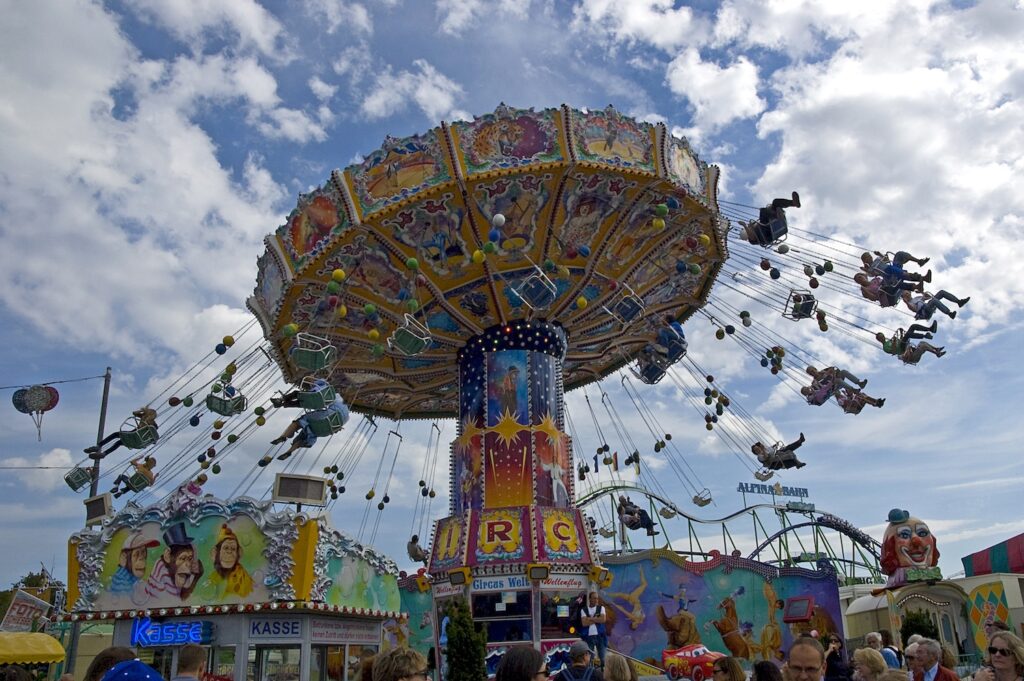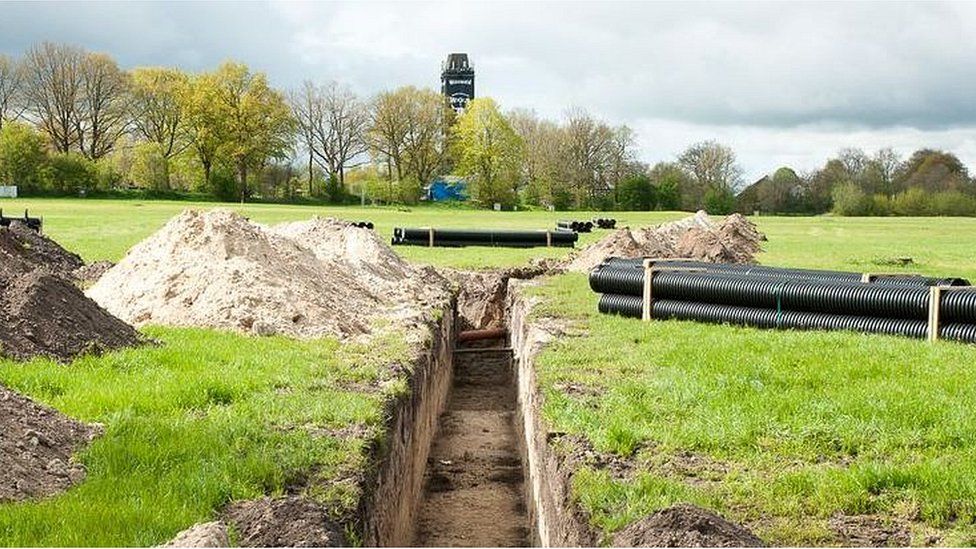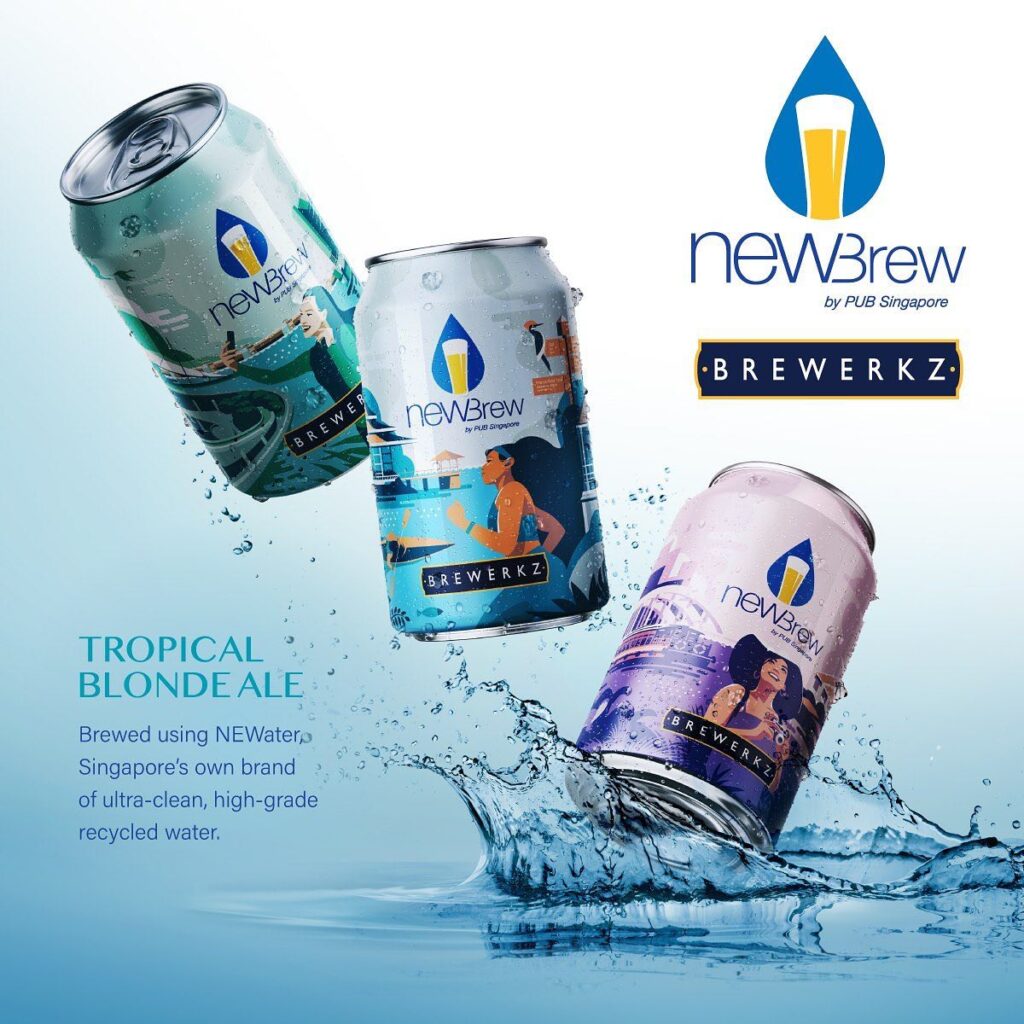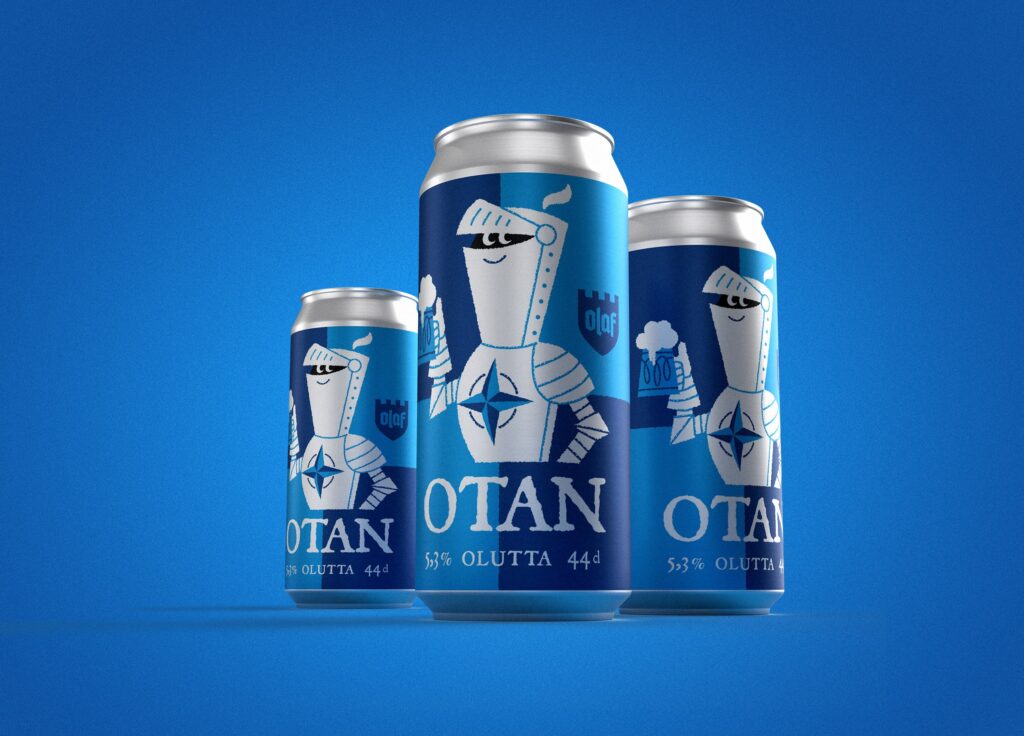
“Lions and tigers and bears! Oh my!”
-The Wizard of Oz
COVID, inflation, and war, oh my… Times are tough, folks. In this column we’ve mused about the threat of asteroid strikes, zombie attacks, and robots, but we’re overwhelmed with some real world shit right now. Let’s take a gander at what’s going on around the world.
We start with some positive news, at least on the surface: Oktoberfest is returning to Munich after a two-year pause due to the pandemic. The event draws over six million people to the city, bringing in by most estimates over one billion Euros. Festival-goers drink close to 8000 kiloliters of beer. Naturally, in a time of COVID, there is cause for concern when this many people gather. The city, however, has imposed no restrictions, determining that there is no legal basis to do so. The mayor, Dieter Reiter, also expressed a sentiment akin to jishuku (“self-restraint”), noting that partying seemed at odds with the suffering of their neighbors in Ukraine. The city could still cancel it altogether if there is a COVID wave come autumn. For now, people will be on their own to determine what’s best for them.

The German Brewers’ Federation warned in mid-May about a shortage of glass bottles that was creating an “extremely tense” situation, according to comments given to the German newspaper Bild. Glass prices have already risen 80% over the past year, but a lack of lorry drivers is causing further disruptions to the supply chain. Large producers are supplied first, so small to medium-sized brewers may be scrambling for a solution. We have a practical, common sense solution to all this that Germany’s brilliant engineers can surely implement: municipal beer piping to everyone’s homes. Beer pipelines are not unprecedented, folks; Germany previously built a 1km beer pipeline for the Wacken Open Air heavy metal festival.
There are shortages, and then there are shortages–like water. This is becoming one of the world’s most pressing issues. And beer uses a lot of water. Singapore’s solution is to recycle urine. If you were sipping on a beer as you read this and, by mental association, choked a little, we’re very sorry. But hey, astronauts drink recycled urine and they’re the coolest profession out there, saving us from asteroid strikes (see the movies Armageddon, Deep Impact, etc.), zombie attacks…or rather, alien attacks (see Alien series, Independence Day, etc), and robots (see 2001: A Space Odyssey). The brewery Brewerkz, in collaboration with the national water agency, launched a beer called NEWbrew which uses “NEWater”, Singapore’s own brand of water recycled from sewage. If that doesn’t draw your attention to the importance of water conservation, we’re not sure what will. Homebrewers, please don’t try this at home.

The war in Ukraine continues to send ripples through many industries, including beer. As mentioned last issue, the world’s largest brewer, Belgium-based ABinBev, is helping to produce the Ukrainian beer Chernigivske after its facilities were forced to shut down during the invasion. All profits are being funneled to humanitarian relief. In early May, the company rolled out cans at its brewery in Leuven at an event attended by the Ukrainian ambassador to Belgium. The brand will soon be released in other countries across Europe and the Americas. Beer seems like a good way for allies to bond.
Finland is getting involved, too. In addition to the country applying to NATO, Olaf Brewing near the Russian border released a beer commemorating the move. As the Washington Post reported in its May 20th article on the topic, the brewery’s CEO claims the beer has been very popular, with people driving from great distances to their taproom to enjoy it. The popularity perhaps reflects a shift in public sentiment to joining the alliance since the war in Ukraine. Will Sweden follow suit?

In America, Spencer Brewery, the country’s only official Trappist brewery, recently announced that it would be shutting down its operations, leaving only ten breweries as a part of this exclusive club that includes legends like Orval and Rochefort. The monks of Saint Joseph’s Abbey in Spencer, Massachusetts launched operations in 2013 but concluded, according to their Facebook page, that “brewing is not a viable industry for us”. Well, America, you have over 9000 other breweries; you could’ve patronized this one! What other brewery can both save your soul and serve your last beer when the asteroid (or zombies or robots) are inbound?
Another unfortunate beer industry casualty in America is San Francisco Bay Area’s Buffalo Bill’s, which shuttered in early June after nearly 40 years in business–it was one of America’s oldest continuously running brewpubs. It was widely known in American craft beer lore for having revived in 1986 pumpkin ales, which were originally brewed during colonial times (see last issue’s feature on historical beers for more). The owner cited a combination of debt from state-mandated closures during the pandemic, a tight labor market, and rising costs. Its legacy of pumpkin ales, however, lives on, the beer style now brewed by hundreds, if not thousands, of breweries across America every fall.
The state of Michigan is in the process of relaxing its alcohol laws to allow for self-service beer taps, which have long been used in Japan, and also “swim-up bars”. Yep, you swim up to the bar and order your drink. A feature of hotels, resorts, and water parks, these bars are quite popular in sunny, partying cities like Las Vegas. This is a great excuse for a brewery to build a swimming pool in its taproom.
Publicans in the UK are expressing surprise at beer prices (who isn’t these days?); multiple media outlets are reporting that pint prices at some places in London are starting to creep above £8 (about ¥1350 at the time of publication in early June). According to The Guardian, however, one research firm (CGA) that has been tracking prices for years claims the average pint price is a little under £4. If that’s the average, then there are plenty of places even cheaper. Stay calm, England, and drink on.

It seems reasonable to assume that mass production of beer began in the modern age, with the industrial revolution that kicked off in America, England, and other European cultures. But ancient historians give us a different take. The Egyptians were basically mass-producing beer to nourish and hydrate (and inebriate) the pyramid builders. A research team of scholars from the US and China published a report in April suggesting that China was moving toward mass beer production in the fourth millennium BC. The team includes Professor Li Liu, of Stanford University, and Professor Jiajing Wang, of Dartmouth University, both of whose previous work we’ve reported on here. The study in the journal Archaeological and Anthropological Sciences posits that Neolithic people on the mainland brewed red rice beer, and that the exchange of information and technology among groups led to rapid innovation. This led to beer being enjoyed on ever larger scales at social events, thus underpinning early civilization.
Think about it folks, all the things you can do with beer: develop civilizations, erect pyramids, celebrate military alliances, discover God, and recycle urine. Go forth, drink, and be awesome.
This article was published in Japan Beer Times # () and is among the limited content available online. Order your copy through our online shop or download the digital version from the iTunes store to access the full contents of this issue.



